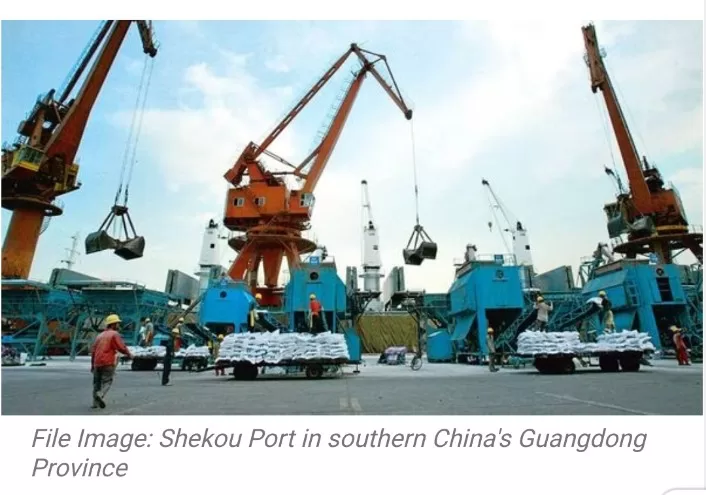The International Monetary Fund (IMF) has unveiled its most recent economic forecasts, projecting a global growth rate that is expected to remain at 3% in 2023 and decline further to 2.9% in 2024, as indicated in a report by ANI. This represents one of the lowest growth rates recorded in recent history.
The IMF’s report, titled “Navigating Global Divergences” for October 2023, outlines several considerable challenges confronting the prospect of substantial worldwide economic recovery. The baseline projection suggests a deceleration in global growth, diminishing from 3.5% in 2022 to 3% in 2023 and ultimately settling at 2.9% in 2024. This figure falls below the historical average growth rate of 3.8% observed between 2000 and 2019.
Notably, advanced economies are also expected to experience a slowdown in growth, transitioning from a 2.6% increase in 2022 to 1.5% in 2023 and 1.4% in 2024. This deceleration is attributed to policy measures aimed at curtailing inflation.
Emerging markets and developing economies are projected to witness a minor dip in growth, moving from 4.1% in 2022 to 4% in both 2023 and 2024.
Regarding inflation trends, the report underscores the expectation of a gradual reduction in global inflation, with a decline from 8.7% in 2022 to 6.9% in 2023 and further down to 5.8% in 2024. This decline is attributable to tighter monetary policies and lower international commodity prices.
Nevertheless, core inflation is projected to decrease at a more gradual rate, and a return to the target inflation level is not anticipated until 2025 in most cases.
The IMF underscores the significance of concentrating on monetary policy strategies and frameworks to anchor inflation expectations, in addition to the necessity for effective communication strategies among various stakeholders in managing inflation expectations.
The report raises concerns about potential disruptions in global trade in commodities, brought about by mounting concerns regarding geo-economic fragmentation. It highlights the possible repercussions of such disruptions on commodity prices, economic activity, and the global transition to green energy.
Challenges persist, with several factors impeding a robust recovery, such as the enduring effects of the pandemic, the Ukraine conflict, geo-economic fragmentation, cyclical aspects related to the tightening of monetary policy, the withdrawal of fiscal support, and extreme weather events. While the likelihood of a severe downturn has diminished, risks to global growth remain.
Of particular concern is the crisis in China’s property sector and the potential spillover effects on commodity-exporting countries. Rising near-term inflation expectations and tight labor markets could necessitate higher-than-expected policy rates to address core inflation pressures. Climate and geopolitical shocks also pose risks, potentially leading to spikes in food and energy prices.
The IMF emphasizes that effective policies, coordination, and structural reforms are essential to navigate these challenges and achieve a strong and sustainable global recovery.






